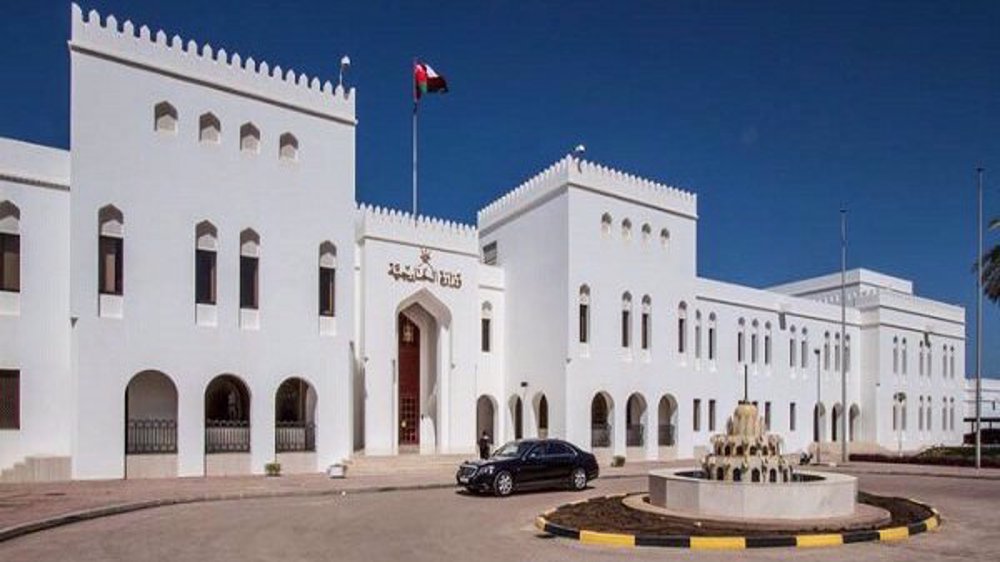Bahrain uses torture to instigate fear in opposition: Rights group
A Bahraini human rights group says the Manama regime uses torture systematically to instigate fear in its opposition.
On Sunday, the Bahrain Center for Human Rights (BCHR) published a report titled "From 2011 to 2016, The Screams of Torture Still Echo" in which it strongly condemned the Al Khalifah regimes’ crackdown on voices of dissent.
The publication of the report coincides with the International Day in Support of Victims of Torture.
The BCHR documents Bahraini authorities’ different methods of ill-treatment and torture of political prisoners and minors, which include beatings, forced standing, electric shocks, sleep deprivation, food deprivation, humiliating and degrading treatment, threats against family members or of a sexual nature.

The advocacy group also stresses that the Bahraini government does not abide by international law with respect to the crime of torture.
“Bahrain acceded to the UN Convention against Torture and Other Cruel, Inhuman or Degrading Treatment or Punishment (UN-CAT) on 6 March 1998. In accordance with its obligation under the convention, Bahrain’s report was due in 1999. However, the government of Bahrain submitted its report five years late, in 2004. Although Bahrain’s first treaty Periodic Report was due in 2007, no Periodic Report has been submitted since,” said the report.
Since February 14, 2011, thousands of anti-regime protesters have held numerous demonstrations in Bahrain on an almost daily basis, calling for the Al Khalifah family to relinquish power.
In March that year, troops from Saudi Arabia and the United Arab Emirates — themselves repressive Arab regimes — were deployed to the country to assist the Bahraini government in its crackdown on peaceful protests. Scores of people have been killed and hundreds of others injured or arrested in the crackdown on the anti-regime activists.

Sheikh Isa Qasim sit-in continues
Supporters of prominent Shia Muslim cleric, Sheikh Isa Qassim, have been going on with their sit-in protest outside his home in the village of Diraz since Wednesday, when Manama revoked the cleric’s citizenship.
Protests have also been held in solidarity with the top Muslim cleric in the Nuwaidrat village.
The Al Khalifah regime’s June 20 move against Sheikh Qassim came less than a week after Bahrain's Justice Ministry suspended al-Wefaq and dissolved opposition Islamic Enlightenment Institution and al-Risala Islamic Association.
Al-Wefaq’s Secretary General Sheikh Ali Salman has also been in prison since December 2014 on charges of attempting to overthrow the regime and collaborating with foreign powers, which he has strongly denied.
VIDEO | Ramadan begins in France amid optimism, challenges
Hamas: Huckabee’s remarks expose ‘American bias towards Zionist domination, annexation’
‘We will not bow to pressure or coercion’: President Pezeshkian
Trump raises global tariffs to 15%, calls Supreme Court ruling ‘ridiculous’
IRGC Navy tests Sayyad-3G air defense missile in Strait of Hormuz
Iran labels EU naval, air forces as ‘terrorist’ in response to IRGC listing
ICE quietly buys warehouses for major detention expansion
Family of US citizen killed by Israeli settler demands end to impunity













 This makes it easy to access the Press TV website
This makes it easy to access the Press TV website